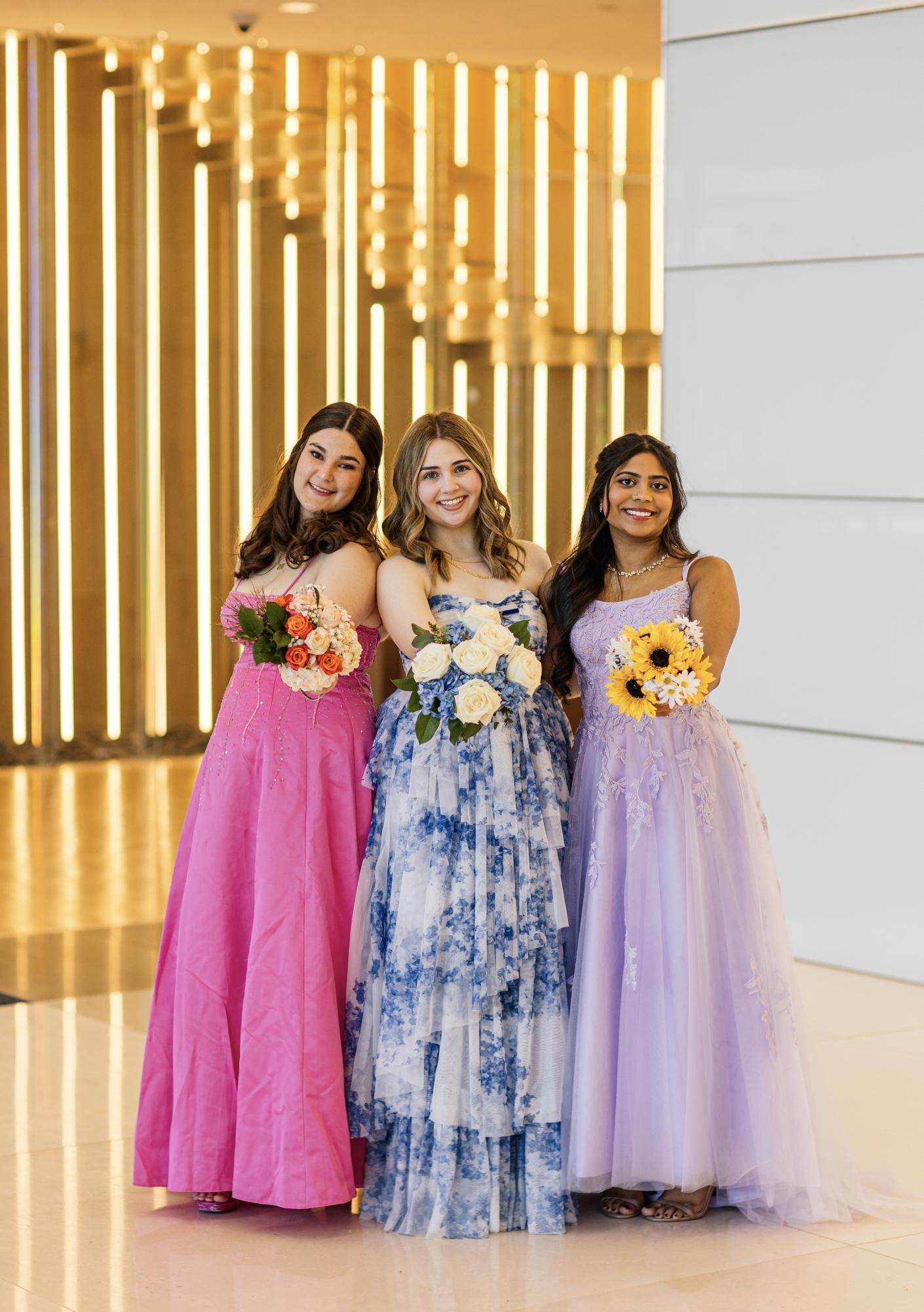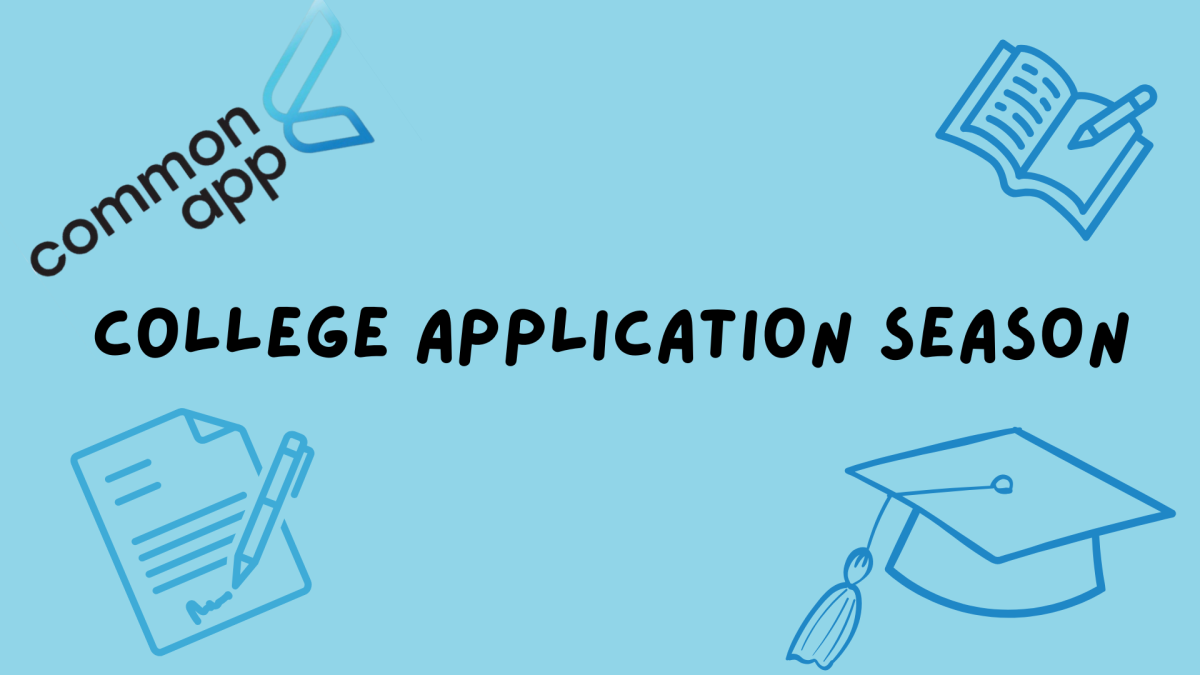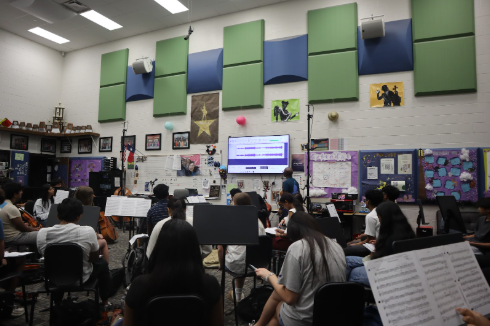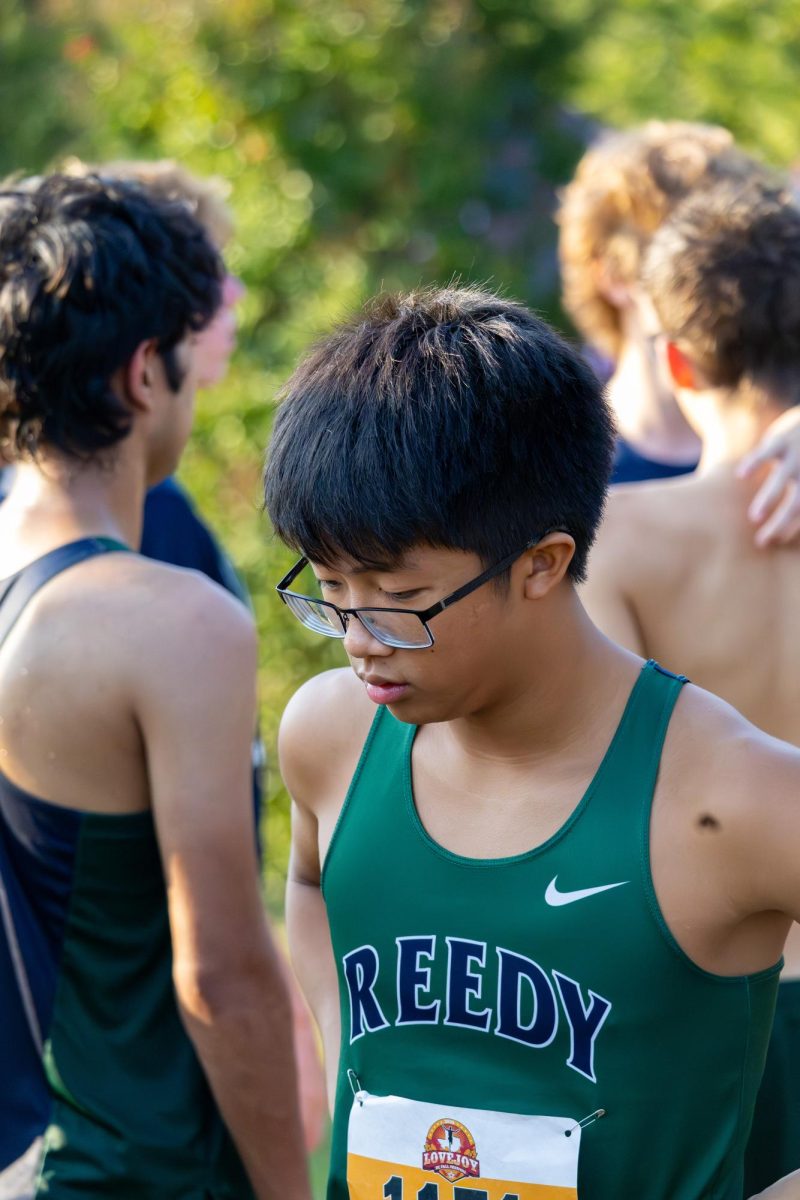CODA Film Review
February 14, 2023
CODA, winner of the Academy Award for Best Picture at the 2022 Oscars, is one of the first to portray the life of a hearing person whose entire family is deaf. CODA, Children of Deaf Adults, explores the conflict of being in two worlds: hearing and non-hearing. For the hearing child, it can feel like a betrayal to deaf parents who are unable to experience or understand their child’s life. CODAs may face a daunting dilemma: leave their families to pursue their personal interests or give up their identities at the expense of their own happiness.
The title suggests that the movie’s focus is on Ruby, a child living with not only deaf parents, but also a deaf brother. Yet the beauty of this film is that the viewer experiences the issues facing deaf people from many perspectives–her parents, her brother, and Ruby herself.
Ruby, a high school senior, starts every day before dawn on her family’s fishing boat with her father and brother. Singing an Etta James’ soul song, “Something’s Got a Hold on Me”, to an audience who cannot hear one single note, she hauls in nets of fish and negotiates the selling price in port. At school she faces bullying from a classmate, a classic mean girl, who says she smells like fish or who criticizes her deaf family. Ruby doesn’t like it, but she’s learned to live with it.
Aside from the obvious differences, however, Ruby is like a lot of teenage girls and when a cute boy she likes signs up for choir, she does, too. She thinks she’s going to get to know the boy, but in fact, she ends up getting to know herself.
Fortunately, the choir teacher recognizes her beautiful voice, a talent that she has never considered seriously, but one that her teacher thinks will qualify her to attend the Berklee College of Music. Now, Ruby will have to decide whether she will stay at home with her family or leave to attend school. What will she choose? Will she follow her dreams or stay with her family? Will she immerse herself in the world of the hearing or remain in the world of the deaf?
The audience experiences a conflict that seems to have no happy ending. Sign language is Ruby’s first language, her “love” language, the way she expresses herself emotionally and communicates with her family. However, as she discovers another language, the language of song, she knows that ignoring it would be like carving out a piece of herself.
Sadly, her parents will never hear her sing, but her father, with tears in his eyes, finds that he can experience her joy when he places his hand on her throat to feel the vibrations of her vocal cords as she sings. Though he cannot hear the music, he experiences the power of song in his own way.
Yes, CODA’s message is to be true to oneself. Ruby fears that prioritizing her passion means betraying her family, but in reality, she has an obligation to live her own life. We begin to see, however, that understanding is a two-way street. It is not just her who needs to understand her parents; it is also the responsibility of her parents to understand their daughter’s hopes and aspirations.
Perhaps there is another more subtle message, and that is experiencing the joy of music, art, or dance, which can be different for everyone; yet each experience is wondrous because of its difference. Ultimately, regardless of the differences we perceive in others, like Ruby and her family, mutual understanding and respect makes happiness possible.








